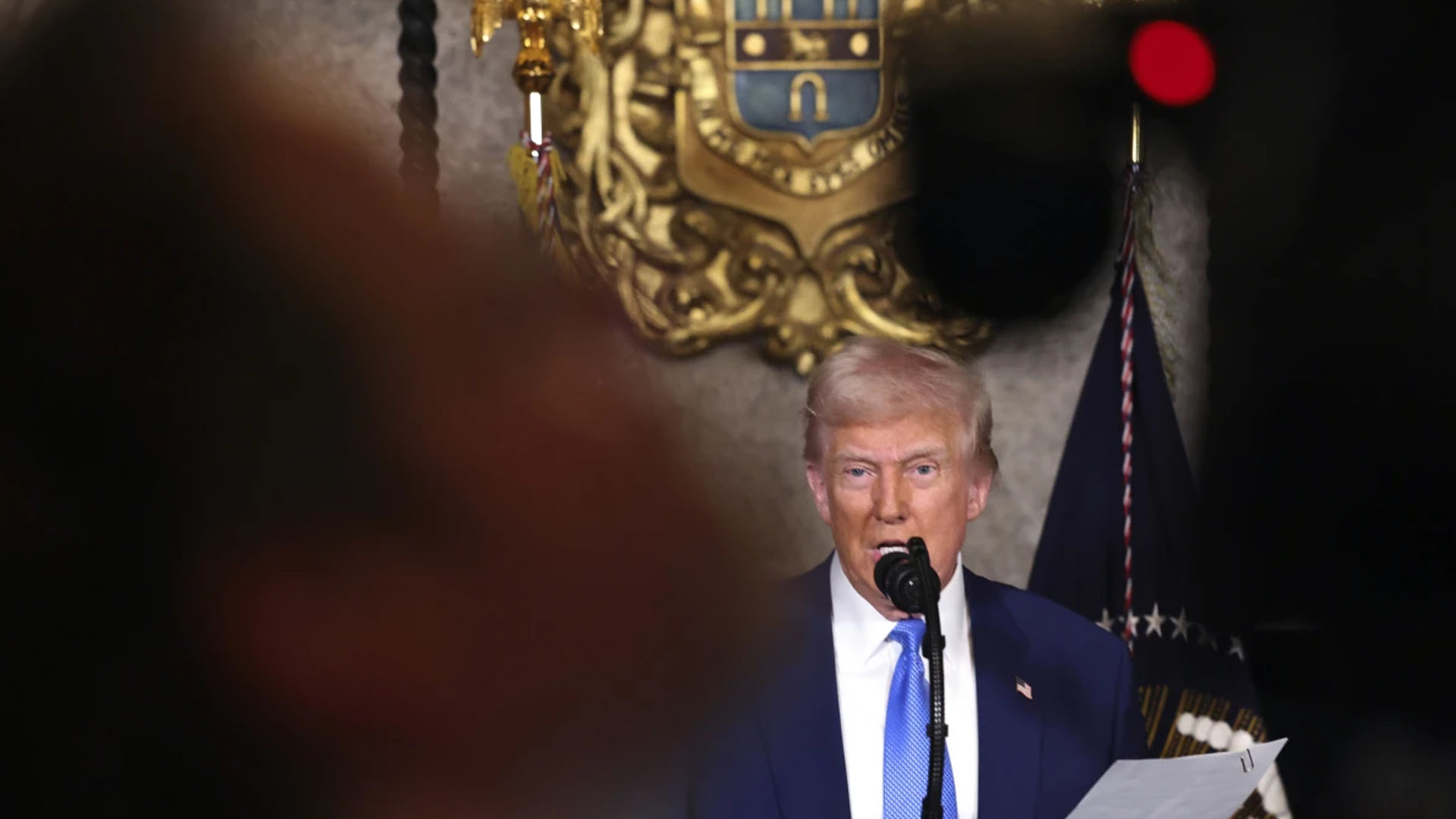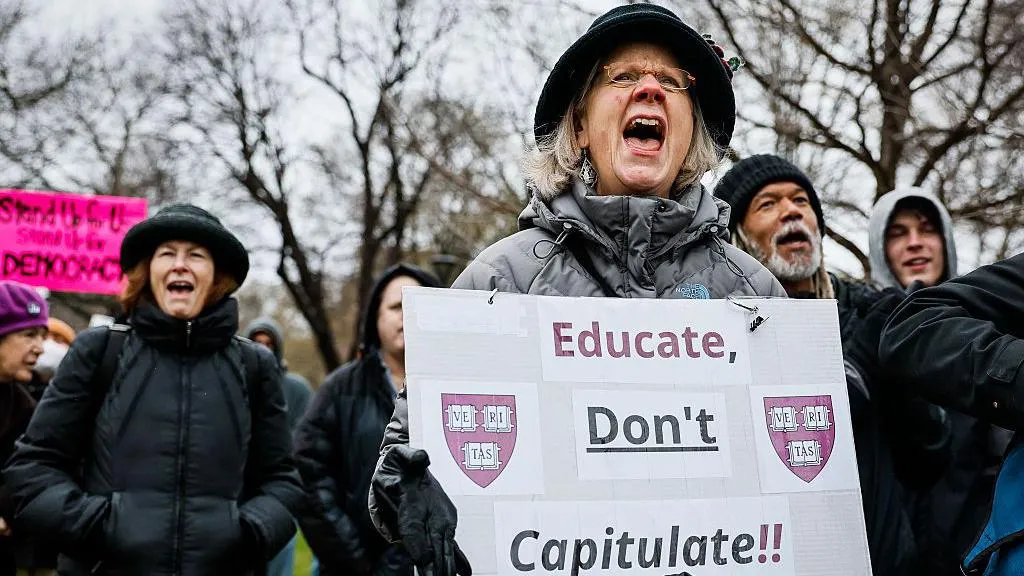Blog
Trump Freezes $2 Billion in Harvard Funding: A Clash Over University Autonomy
The Trump administration has escalated its campaign to reshape elite U.S. universities by freezing over $2 billion in federal funding for Harvard University. This drastic measure came shortly after Harvard rejected a series of White House demands aimed at addressing antisemitism on campus. The move has sparked a heated debate about academic freedom, government overreach, and the future of higher education in America.
Why Did Trump Freeze Harvard’s Funding?
On Monday, the U.S. Department of Education announced it was halting $2.2 billion in grants and $60 million in contracts to Harvard. The decision followed Harvard’s refusal to comply with a White House letter sent last week, which outlined 10 categories of changes to the university’s operations. These demands included:
-
Reporting students deemed “hostile” to American values to the federal government.
-
Ensuring viewpoint diversity in academic departments.
-
Hiring an external auditor approved by the government to review programs for antisemitic harassment.
-
Checking faculty for plagiarism.
-
Taking disciplinary action for protest-related violations.
The White House argued these measures were necessary to combat antisemitism, particularly after last year’s campus protests against the Gaza war and U.S. support for Israel. However, Harvard’s President Alan Garber rejected the demands, stating they infringed on the university’s independence and First Amendment rights.
“Although some of the demands outlined by the government are aimed at combating antisemitism, the majority represent direct governmental regulation of the ‘intellectual conditions’ at Harvard,” Garber said.
The Department of Education responded by accusing Harvard of fostering a “troubling entitlement mindset” and failing to address the harassment of Jewish students.

Harvard’s Defiance: A Stand for Academic Freedom?
Harvard, with its $53 billion endowment, is the wealthiest university in the U.S., giving it the financial muscle to resist government pressure. David Armitage, a Harvard history professor, called the funding freeze “an entirely groundless and vengeful act” by the Trump administration to silence free speech.
Harvard’s resistance has drawn both praise and criticism. Supporters argue the university is protecting its autonomy and constitutional rights. Critics, including the Trump administration, claim Harvard is dodging accountability for fostering divisive campus environments.
This isn’t the first clash between Harvard and the Trump administration. In March, the government reviewed $256 million in federal contracts and $8.7 billion in multi-year grant commitments to the university. Harvard professors responded with a lawsuit, alleging violations of free speech and academic freedom.
Columbia University’s Different Path
While Harvard stood firm, Columbia University took a different approach. Last month, Columbia agreed to several White House demands, including a mask ban during protests, after Trump pulled $400 million in federal funding. The decision sparked backlash from students and faculty, who accused the university of compromising its principles.
The contrast between Harvard and Columbia highlights the tough choices elite universities face under financial and political pressure. Gallup polls from last summer show declining public confidence in higher education, especially among Republicans, who increasingly view universities as pushing political agendas.
The United States Will No Longer Be The World’s Piggy Bank Premium Shirt
Broader Context: Trump’s Influence on Education and Trade
The funding freeze is part of Trump’s broader agenda to exert influence over institutions he perceives as misaligned with his vision. Beyond education, Trump has targeted international students, recently revoking hundreds of visas for those involved in campus protests. For example, Mohsen Mahdawi, a Columbia student and green card holder, was detained by immigration officials during a citizenship interview.
On the global stage, Trump’s trade policies are also making waves. His administration recently imposed 145% tariffs on Chinese imports, prompting retaliatory 125% tariffs from Beijing. Meanwhile, Chinese President Xi Jinping, during a Southeast Asia tour, urged Vietnam to oppose “unilateral bullying” and defend free trade—a thinly veiled jab at the U.S. Trump dismissed Xi’s meetings as a plot to “screw the United States,” underscoring the escalating U.S.-China trade war.

What’s Next for Harvard and Higher Education?
The funding freeze poses immediate challenges for Harvard, though its vast endowment cushions the blow. The university may face further government scrutiny, especially as Trump continues to target institutions he views as elitist or ideologically opposed.
For other universities, Harvard’s defiance could set a precedent—or a warning. As federal funding becomes a political weapon, institutions must weigh financial stability against academic independence. The outcome of this standoff could shape the relationship between the government and higher education for years to come.

